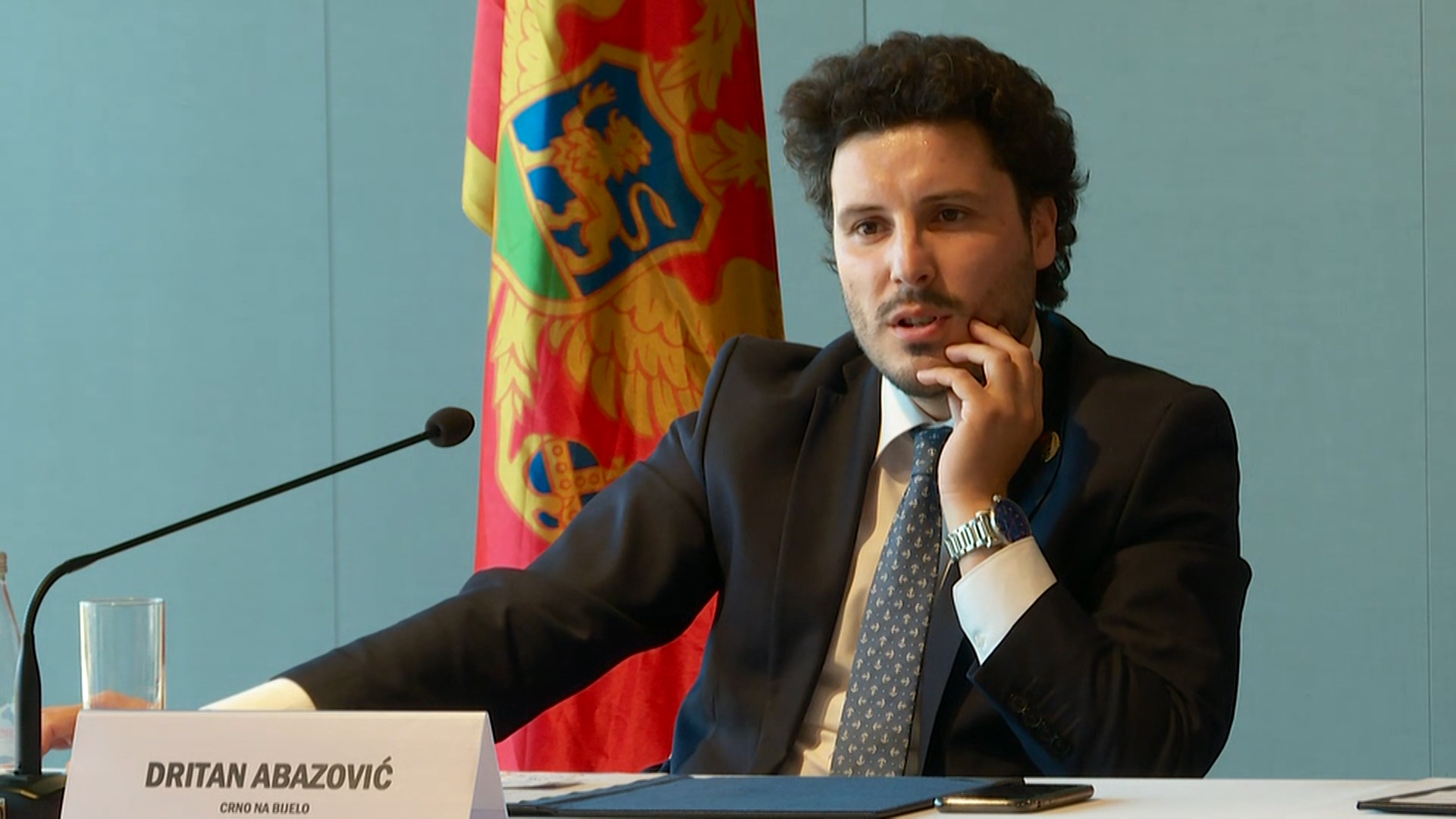
Dritan Abazovic, a leader whose movement is a part of the victorious coalition in recent Montenegrin election, welcomed the outcome of local vote in Bosnia, stating that “the wave of changes spilt over from Montenegro to Bosnia and Herzegovina.” But, his comment on Twitter sparked a wave of reactions back in Bosnia.
“The region deserves better. We all wish for new values, new people and new hope,” Abazovic wrote on Twitter after the preliminary results in Bosnia showed the victory of opposition parties in some major cities.
https://twitter.com/DritanAbazovic/status/1328090554819891200
Abazovic and his United Reform Action (URA) won four mandates in the 2020 Montenegrin parliamentary election and joined the opposition coalition, which ended the decades-long rule of the Democratic Party of Socialists led by current President Milo Djukanovic.
The election campaign in that country was marked by a heated discussion on the Law on Religious Freedoms which Djukanovic's government introduced and the Serbian Orthodox Church strongly objected. Djukanovic explained the law was aimed to modernise the regulations in this field and stressed the Church played a role of 'political actor' in the election campaign.
“Do not compare our new authority with yours,” a Twitter user wrote in response to Abazovic's tweet on the election results in Bosnia.
Journalist Senad Pecanin commented that “Sarajevo was defended from the ‘wave of changes’ from Montenegro by lives of its best sons and daughters in the 1992-1995 period,” referring to the period of the aggression on Bosnia.
“Pro-Bosnians of civic provenance and not pro-Chetnik and chauvinistic clerical gang won here,” said historian and artist Nihad Kresevljakovic, in response to Montenegro’s politician.
Another Twitter user wrote in Bosnian, saying that the country has been struggling with political parties from the last century but that the same applies to other countries in the region.
“Balkan certainly needs the parties of different orientation, the parties that primarily value a human instead of ethnos,” said a user, signed as ‘Aurora’.
A freelance journalist, Adis Nadarevic, said responding to Abazovic's comment that "we had rejected your wave of changes 25 years ago."
"Dritan and church are taking Montenegro back to the Middle Ages," a Twitter user said, congratulating on the local vote outcome in Bosnia.
According to the preliminary results, an opposition coalition won four of five mayoral posts in Sarajevo municipalities, defeating the candidates of the main Bosniak party - the SDA. Similarly, an opposition candidate declared victory in the second-largest city Banja Luka, defeating the strongest Serb party SNSD.
Both nationalist parties were long-ruling and in power for most of the period since the end of the 1992-95 war.
Kakvo je tvoje mišljenje o ovome?
Učestvuj u diskusiji ili pročitaj komentare





 Srbija
Srbija
 Hrvatska
Hrvatska
 Slovenija
Slovenija







